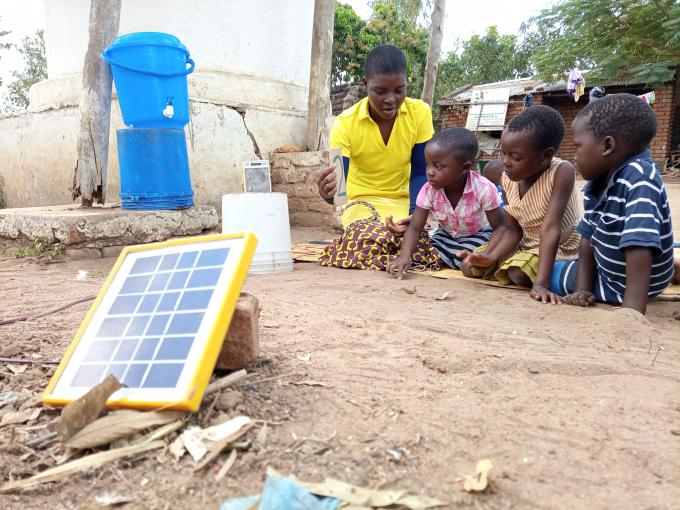Education
Monday 24 May 2021
Joyce Buleya* was only 14-years-old when she fell pregnant in the midst of her Standard 8 class year. Confused and conflicted, her dream of becoming a nurse suddenly dimmed before her as her options dwindled.
In Malawi, a vast majority of pregnant school-going teenagers drop out of school due to a number of adverse factors, although the government policy is to readmit them back into the fold as soon as they deliver.
Thursday 20 May 2021
Now more than ever the Universal Human Right to Education is in danger. The COVID-19 pandemic has affected the education of more than one billion children across the world and has aggravated the existing global education financing crisis. This has upended the education sector and greatly threatened the progress of the entire Sustainable Development Agenda and specifically Sustainable Development Goal 4 (SDG 4).
Tuesday 1 September 2020

In a small homestead in Jali, in the deepest parts of rural Zomba District in southern Malawi, Emily Leston conducts an afternoon class with four pupils, taking them through their paces.
Tuesday 10 December 2019
9-year-old Emilida was all smiles after receiving a Math textbook from her teacher at Mphande Primary School in Mphande Education zone, Mwanza District. Her face shone brightly with joy even when chatting with her fellow grade 3 friends under a tree during break time.
Thursday 13 September 2018
Save the Children Malawi Country Office in partnership with the Malawi Government through the Ministry of Education, Science and Technology-MOEST, recently held the 2018 National Inclusive Education Conference. Celebrated under the theme: Inclusive Education; Shaping the Future of Every Child, the event aimed at showcasing key achievements made in the implementation of the Inclusive Education in Malawi Program which the Ministry of Education will be institutionalizing for roll out across the country.
Pages